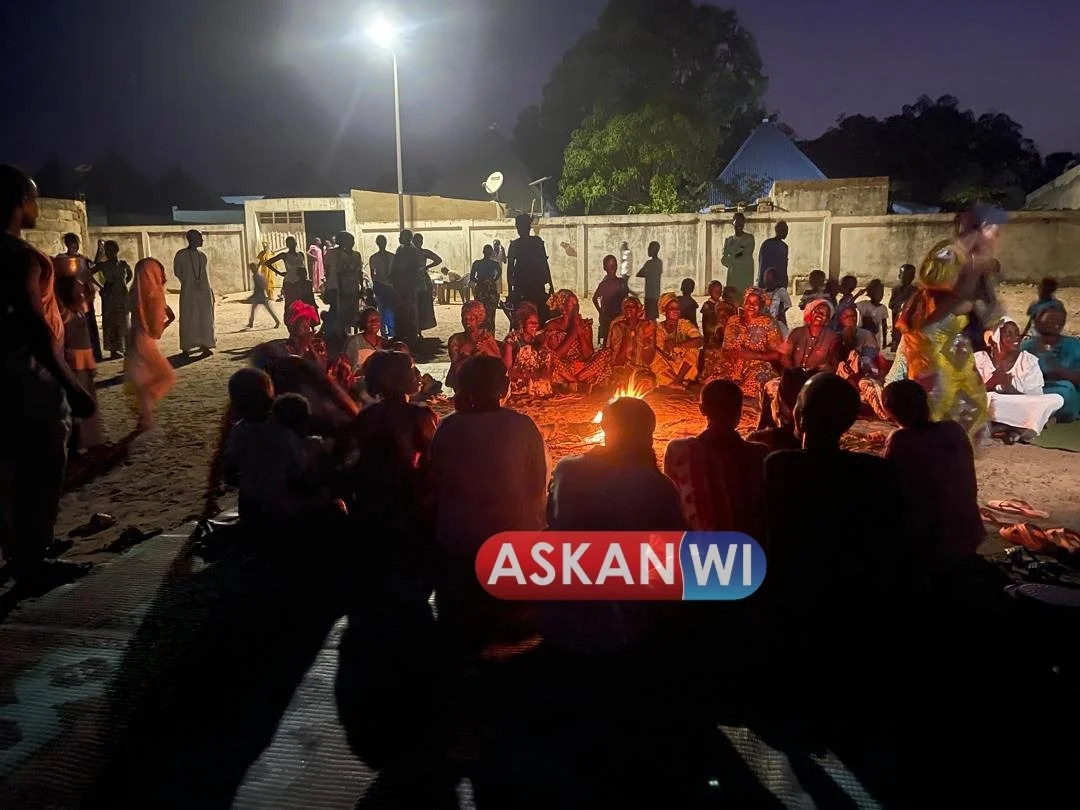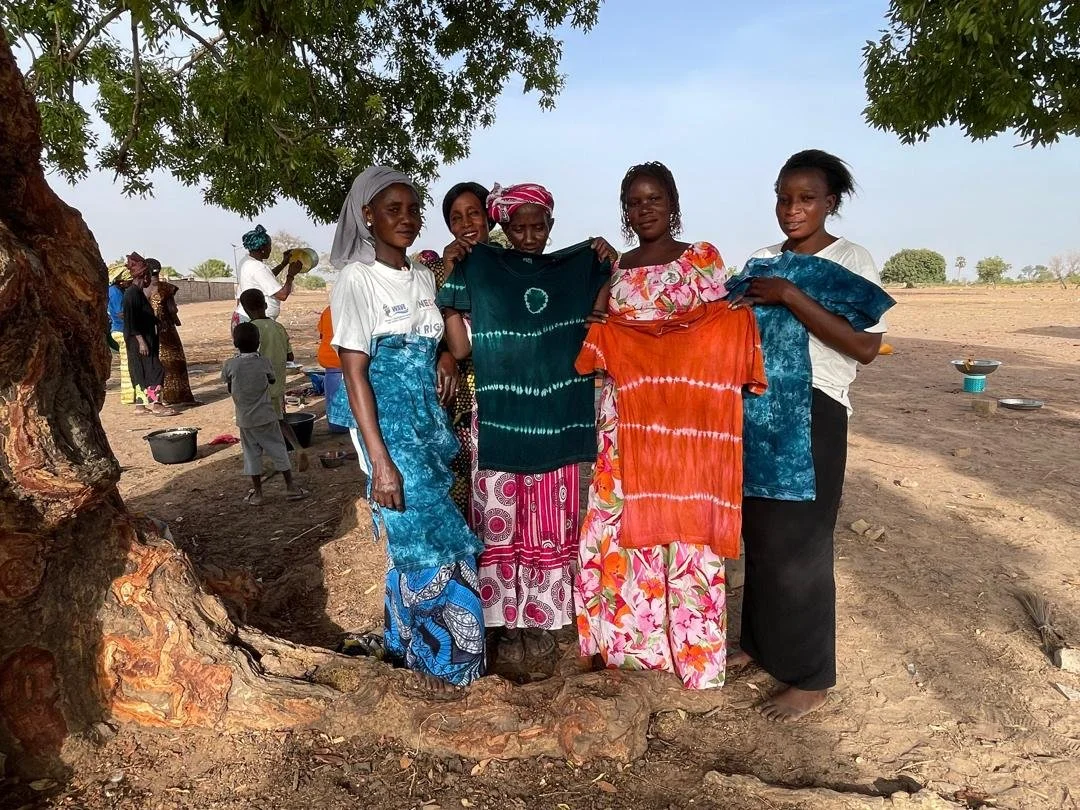WAVE Uses Cultural Storytelling to Foster Healing and Justice in Post-TRRC Gambia
WAVE Community Bon Fire © WAVE
By Yusef Taylor, @FlexDan_YT
Over the past several months, the Women’s Association for Victims’ and Women Empowerment (WAVE), a transitional justice organisation, has been harnessing the power of storytelling—interwoven with fire, traditional folklore, music, and dance—to create a profound communal space for healing. This culturally rich approach allows survivors of human rights violations to safely share painful memories and begin the long journey toward restoration.
The post-transitional justice phase gained momentum following the release of the Truth, Reconciliation and Reparations Commission (TRRC) report in 2021, which emphasised the need to support victims beyond the investigative phase. Many of those affected lost loved ones, livelihoods, and educational opportunities, while others continue to suffer from emotional and psychological trauma.
In its White Paper responding to the TRRC’s recommendations, the government pledged to provide victims with appropriate support for healing and reintegration.
Shirt Art prepared by Participant © WAVE
Group Photo of Participants © WAVE
As part of this effort, WAVE launched the Kaira Bengho Listening & Talking Circles—supported by the Africa Transitional Justice Legacy Fund (ATJLF)—held from May 19 to 24, 2025. Kaira Bengho, meaning “peaceful gathering” in Mandinka, brought together survivors, victims’ families, and community members to collectively confront and process trauma.
“In these circles”, WAVE’s Ms Priscilla Yagu Ciesay explained, “participants gathered around the warmth of fire, sharing their stories to the backdrop of drumming and dance. These weren’t mere performances—they were healing rituals.”
Traditional music and dance, deeply rooted in Gambian culture, served not only to entertain but also to soothe emotional pain, build solidarity, and help participants reconnect with their identity and sense of belonging. Storytelling offered a safe space to express grief, resilience, and hope—empowering participants to envision new futures.
“These sessions are more than moments of catharsis,” Ms Ciesay emphasised. “They are platforms for dialogue on Gambia’s transitional justice journey—its progress, its challenges, and its potential.” Discussions included updates on universal jurisdiction cases, the Special Accountability Mechanism (SAM), the proposed Reparations Commission, and consultations on enforced disappearances and extrajudicial killings. Crucially, the voices and justice demands of victims and communities were documented for advocacy and policy engagement.
Participants preparing Shirts © WAVE
Through this innovative approach, WAVE is redefining healing. “By integrating storytelling, bonfire rituals, music, and dance, the Kaira Bengho Circles promote a holistic model of transitional justice,” the organisation stated. “Reparations and restoration are not just legal or financial matters—they are deeply emotional, spiritual, and cultural processes that demand community participation, shared memory, and traditional knowledge.”
“In this way, WAVE is not simply helping people recount the past; we are actively co-creating a future rooted in justice, dignity, and collective healing.”
Several TRRC recommendations resonate strongly with WAVE’s work, including:
Establishing community support systems to combat discrimination and stigma. The government has committed to implementing this through collaboration with the National Human Rights Commission (NHRC), civil society organisations, local structures, and other key stakeholders.
Mainstreaming victim support processes across government agencies and institutions. In response, the government has pledged to embed victim-centered strategies in its upcoming National Development Plan, policies, and programmes.
Setting up a rehabilitation fund or centre to provide medical and psychological support for victims, particularly those left permanently injured during events such as the April 2000 student protests. The government has accepted this recommendation and is currently reviewing it as part of the proposed Victim Bill.
Through culturally grounded and community-driven efforts like Kaira Bengho, WAVE is ensuring that transitional justice in The Gambia remains alive—not just in policy documents, but in the hearts, bodies, and voices of those it seeks to serve.
Shirts prepared and displayed after © WAVE





